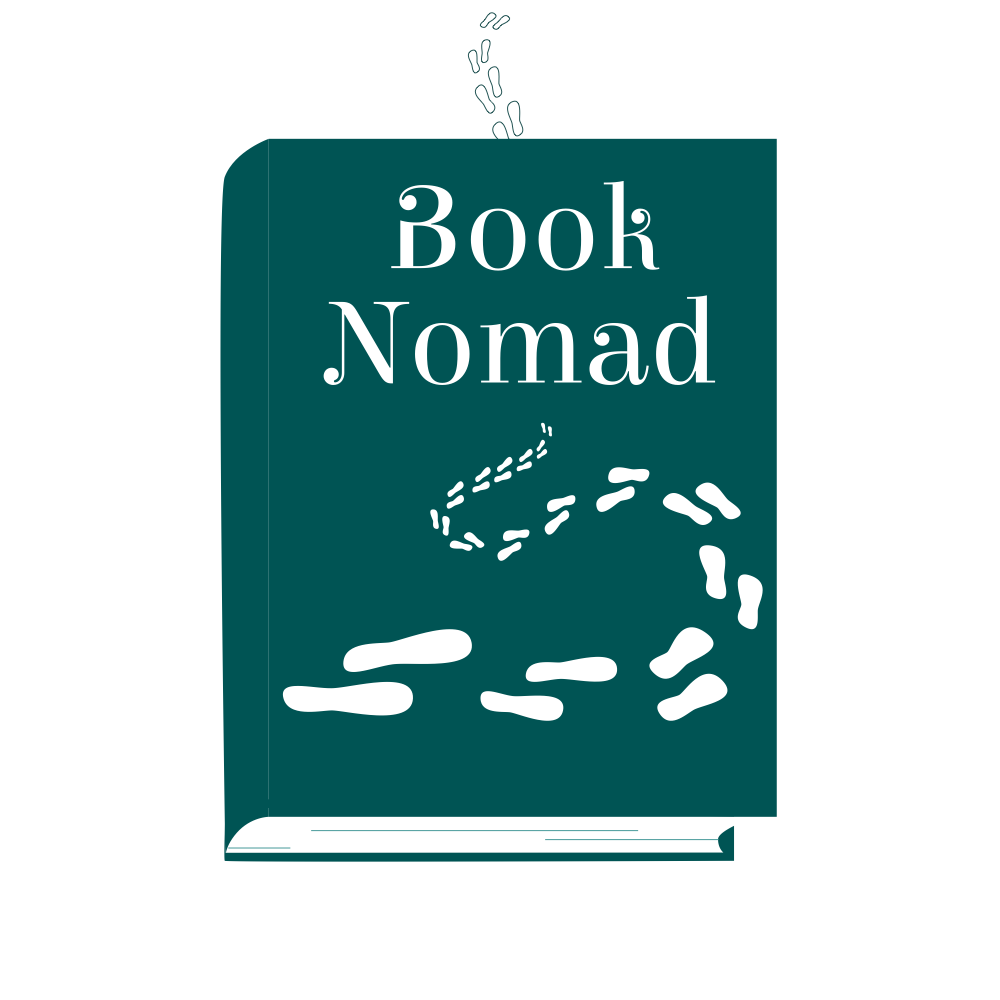I’m sure you’ve all seen this book around. The Danish word “hygge” was hard to avoid not so long ago but I stayed away from this book and anything related to the concept throughout its moment in the spotlight. However, in November, I decided to read books from Scandinavia and when I saw this book as an audiobook at my local library I thought, “why not find out what all the hype was about?”There are some helpful and healthful principles in this book that I really agree with. It talks about maintaining a balance between prioritising our professional lives and physical and mental health. It emphasises spending time with family and going for quality over quantity when it comes to friends. It tells us we need to give ourselves some time to slow down and be aware of our surroundings. Finally, it champions bike riding and coffee – both winners in my book.
In spite of all this, there was something about the book that just didn’t feel right. I couldn’t quite work out what it was and I spent a lot of the time as I listened squirming and trying to analyse the feeling. In the end, I came up with three main problems. The first was the abstractness of it all. The book does include some practical sections – recipes and shopping lists, for example – but that doesn’t create “happiness” on its own. Most of the suggestions in the book were tied to living a certain way in a certain place with a certain budget. This brings me to the second problem: although it did stipulate that owning “stuff” is not important, there was rather a lot of talk about cushions and candles and furniture, eating pastries and having open fires and staying in log cabins in the mountains. It all felt a bit too… indulgent.
And that leads me right into my third – and biggest – problem with the premise of this book: that the purpose of life is ultimately to be happy. Half of the book seemed to end up with people sitting around doing nothing apart from drinking coffee and reminiscing. Is that really what we should be aiming for in life? Maybe once every now and then such activities are important to give ourselves a rest and maintain relationships, but there’s work to be done in this world!
I feel, at this point, I should say that I have read a few solid personal development books that opened my eyes to understanding myself better and gave me very practical tools to improve myself and my life in a profound and tangible way. After those, any book that suggests it might offer life-improvement secrets but does anything less than the above just feels superficial. But not everyone is looking for the same as me in such a book, so perhaps I am not the author’s intended audience.
To sum up, many of the ideas presented in this book about balance, relationships and even selective shopping align quite closely with my own, but the tone and worldview that underpins it all made it really rather jarring for me and I was quite relieved to get to the end.


0 Comments